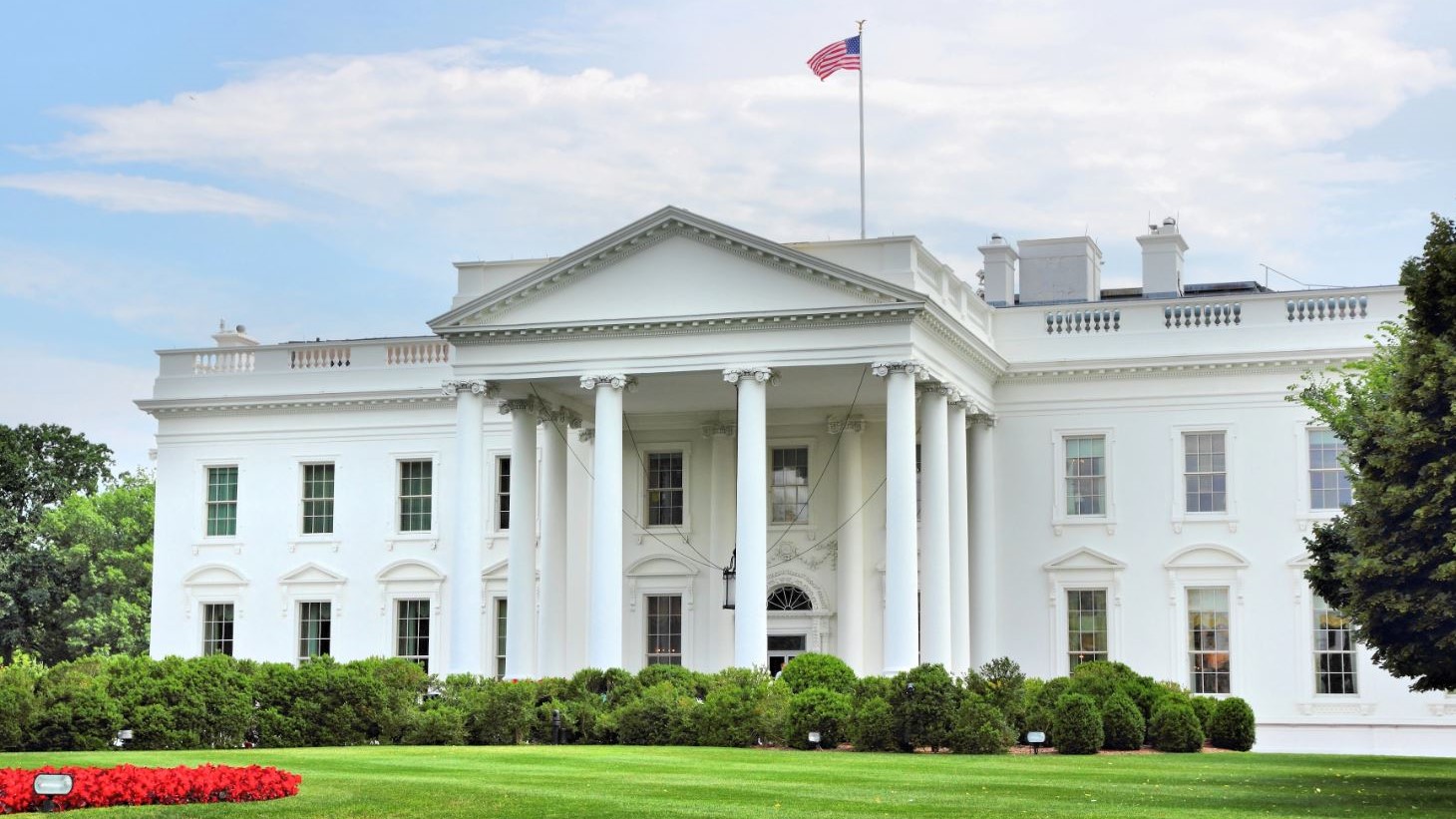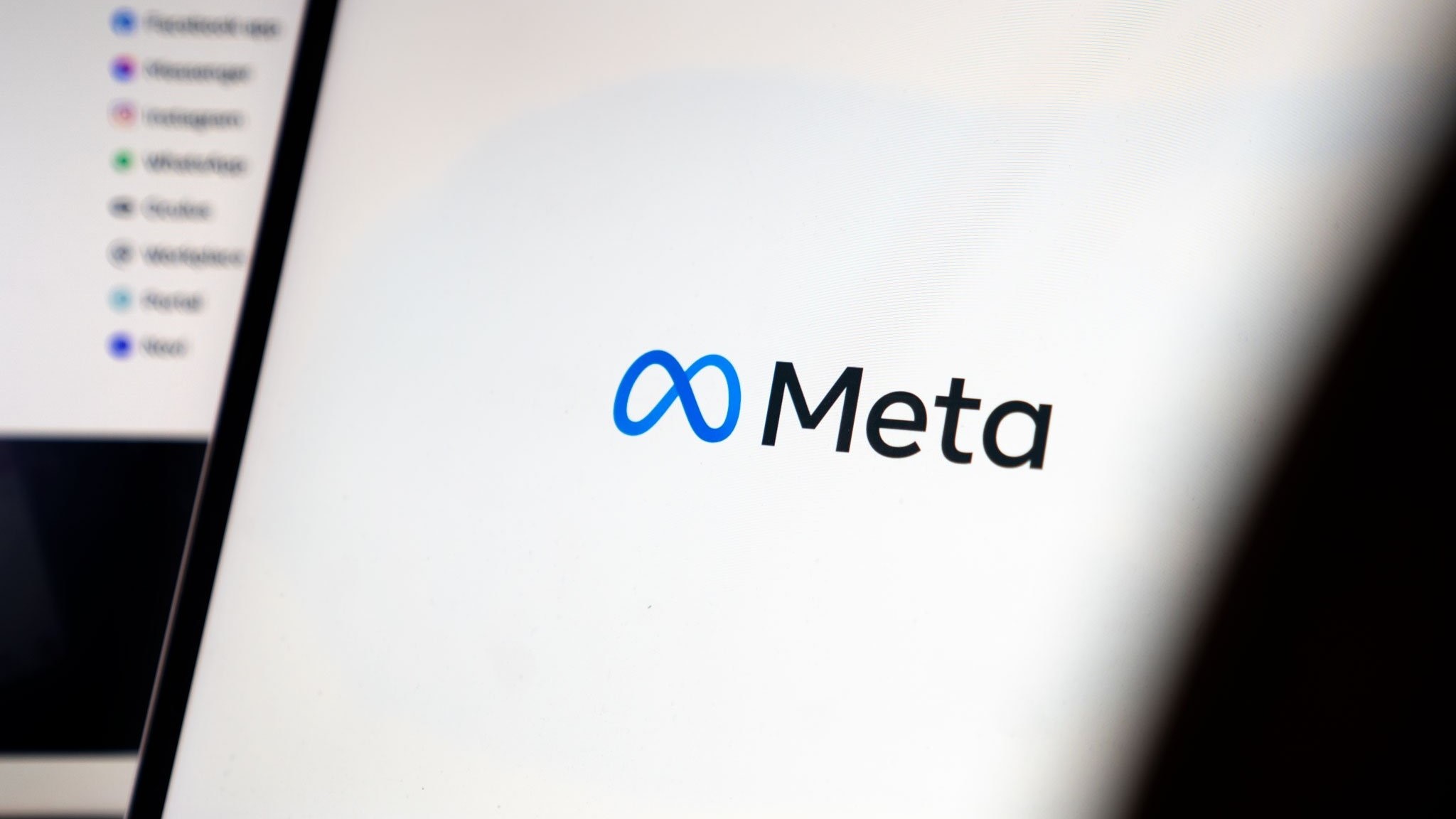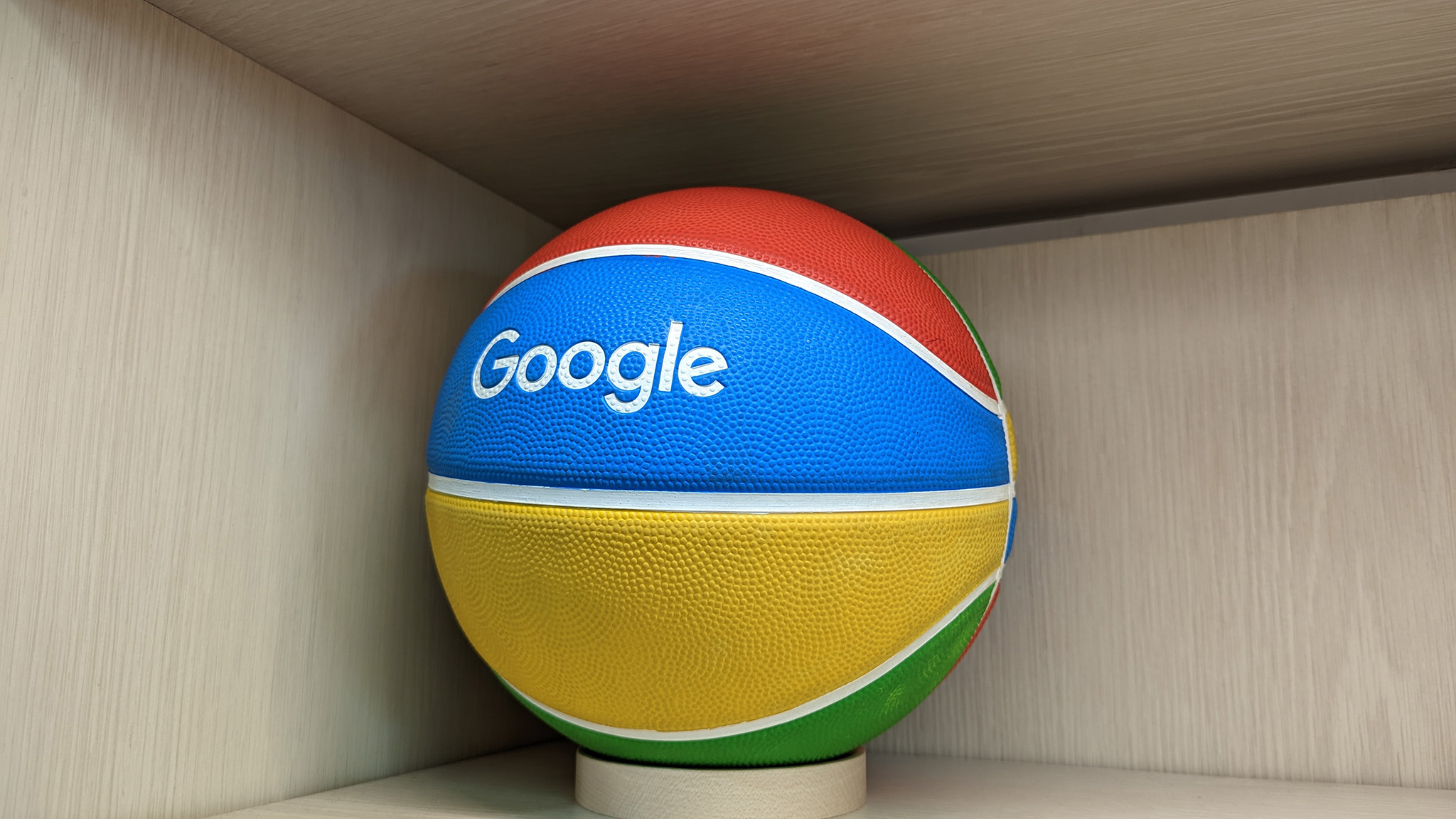Biden's op-ed on big tech abuse gets so much right - and so much wrong
Everyone is allowed to have an opinion or two.

U.S. President Joe Biden has written an op-ed for the Wall Street Journal about big tech abuses. It's a great piece that's always timely and it's nice to see that the highest levels of government are paying attention. Even if we all don't agree with some of what's being said.
That's exactly where I am with it. While the low-brow parts of the internet are arguing about how Biden couldn't have written this because he's unintelligent, how this is what a "true" president looks like, or pictures of Hunter Biden's penis, I'm concerned with these same problems and hope that the right solutions happen.
Like it or not, tech and politics are intertwined sometimes.
Without wading into the internet political rage machine, I get the impression that Biden is actually concerned about many of the same things we all are. He means well. In fact, I think most (but not all) people we send to D.C. to represent us mean well in their own way. Just because I do not agree with something doesn't mean that I'm right and they are wrong — it's what happens when you put it up for a vote.
I agree that big tech is intrusive and regularly invades our privacy, so the companies involved can make lots and lots of folding cash. This idea works, and it means a lot of time and money is spent to keep you glued and engaged to the products and services being offered, which means you're going to be in close proximity to some really toxic stuff. It's a Mobius strip that has no beginning, no end, and no way out without heavy-handed regulation. Too bad heavy-handed regulation has rarely worked the way we wanted it to work.

"First, we need serious federal protections for Americans’ privacy. That means clear limits on how companies can collect, use and share highly personal data—your internet history, your personal communications, your location, and your health, genetic and biometric data. It’s not enough for companies to disclose what data they’re collecting. Much of that data shouldn’t be collected in the first place."
Much of Biden's op-ed is about just that. Tech companies use our data to make money, so they will do things that are unethical to make more of it. To stop them from being unethical, you have to regulate it — we're too far gone to just say people can opt out.
Where Biden misses the point on this is that companies have a giant loophole to fall through — you agreed they could do it. While no company is purposefully collecting and sharing data from kids under 13 or about our health (there are laws in place in those areas), everything else is fair game.
Be an expert in 5 minutes
Get the latest news from Android Central, your trusted companion in the world of Android
It's what that policy you agreed to without reading said — you trade away your data to use this service, whether for free or if you pay $8 a month. This also applies to your carrier and internet provider; you're giving them a lot more than $8, and they still sell your data. How do you think extended warranty companies and politicians have your phone number and know so much about you? Time Warner and AT&T (and all the rest) sold it to them.

"The next generation of great American companies shouldn’t be smothered by the dominant incumbents before they have a chance to get off the ground."
Biden also wants to see more competition in the tech sector. Whether it's a corporate giant like Sears or something local, Amazon has pushed many a business into a mass grave. Start-ups with great ideas in the mobile space come and go because there is no way to compete with Apple and Google, who would fight tooth and nail to keep it that way. Predatory, monopolistic, and plain unfair practices are abundant when it comes to the few companies that make components every tech product uses.
This is a tough nut to crack. Amazon, Qualcomm, Apple, etc., are as successful as they are because they worked hard to make products people are willing to buy. The lady down the street who makes beeswax candles has some really great stuff, but I can get the same thing for $5 cheaper from Amazon. Qualcomm spent billions, so it would be better at 5G than any other company. Apple and Google work hard to build the phones and mobile ecosystems we will think are the best. These same ideas apply to Microsoft, Google, Twitter, and every other big tech monster company — we put them in the position they are in.
I have no idea how you fix this. Maybe it wasn't a great idea to let them position themselves in a spot where they could control so much of the supposedly free market after all. Good luck with finding a solution now that the dogs are already out.

This, though, really bothers me:
"I’ve long said we must fundamentally reform Section 230 of the Communications Decency Act, which protects tech companies from legal responsibility for content posted on their sites."
Do you want more big tech censorship? Because that's how you get more big tech censorship. Here's an easy-to-understand example:
Let's say I have a website that talks about local politics. Nothing makes people want to fight with each other the way local politics does, and inevitably someone will take to my website comments and say something that's actually defamation, text-book libelous, and actionable by any good attorney.
Section 230 means the person who said (wrote) it is responsible for it, not me. Take away my 230 protection, and I'm going to censor everything as often as I feel I need to because I want to cover my own ass.
Now extend this idea to your Comcast Xfinity internet plan. Section 230 means Comcast isn't responsible for the stupid things someone uses the internet to type. Without that protection, Comcast is going to hire full-time censors to sit beside the folks looking for the rest of the illegal content that gets posted to the internet.
Tech companies are not responsible for the ignorant horrible things users like @Mike02374668, you, or I write. They should never be held responsible for those things. Hold them responsible for things like injecting content designed to make you engage with rage-baiting social media posts and amplifying the things Section 230 protects them from being accountable for. But don't make Musk and Zuckerberg responsible for what I write.
Yes, things like bullying and cyberstalking are real problems. Yes, we need to find a way to address them. Punting the ball and saying now Meta and Twitter are responsible guarantees that we'll see less of it, but it also means we'll see less of everything Meta and Twitter employees happen to not like.
Leaving Section 230 the way it is, flaws and all, is a better alternative than breaking it completely. When — not if, but when — lawmakers tackle the Communications Decency Act and try to revamp Section 230, we all have to pay attention.
"We also need far more transparency about the algorithms Big Tech is using to stop them from discriminating, keeping opportunities away from equally qualified women and minorities, or pushing content to children that threaten their mental health and safety."
Yes, we do. Not because internet influencers can do anything with that information but because people who actually understand how they work can. Tech companies are never going to properly police themselves, but employees of those companies sure can if they have access to how the donuts are made, and so can the people who will be part of big tech's future.
Ben Shapiro and JoJo from Jersey will yak about how unfair the algorithms are, but someone from Stanford who is a computer science grad school student can actually understand what he or she is seeing.
Again, It's clear to me that the President means well, and I really like seeing him express concern about some things. He may not understand exactly how it all works, and he may have some ideas that I really don't like — that goes for you, too, regardless of your politics — but it's great knowing that people in D.C. really do care when all they seem to do is fight. It was the same for our last president, who almost everyone uniformly hated. Some of his ideas were good ideas and showed real concern for our country.
Let's have more of that and less of the grandstanding, shit-flinging, and infighting, please.

Jerry is an amateur woodworker and struggling shade tree mechanic. There's nothing he can't take apart, but many things he can't reassemble. You'll find him writing and speaking his loud opinion on Android Central and occasionally on Threads.
